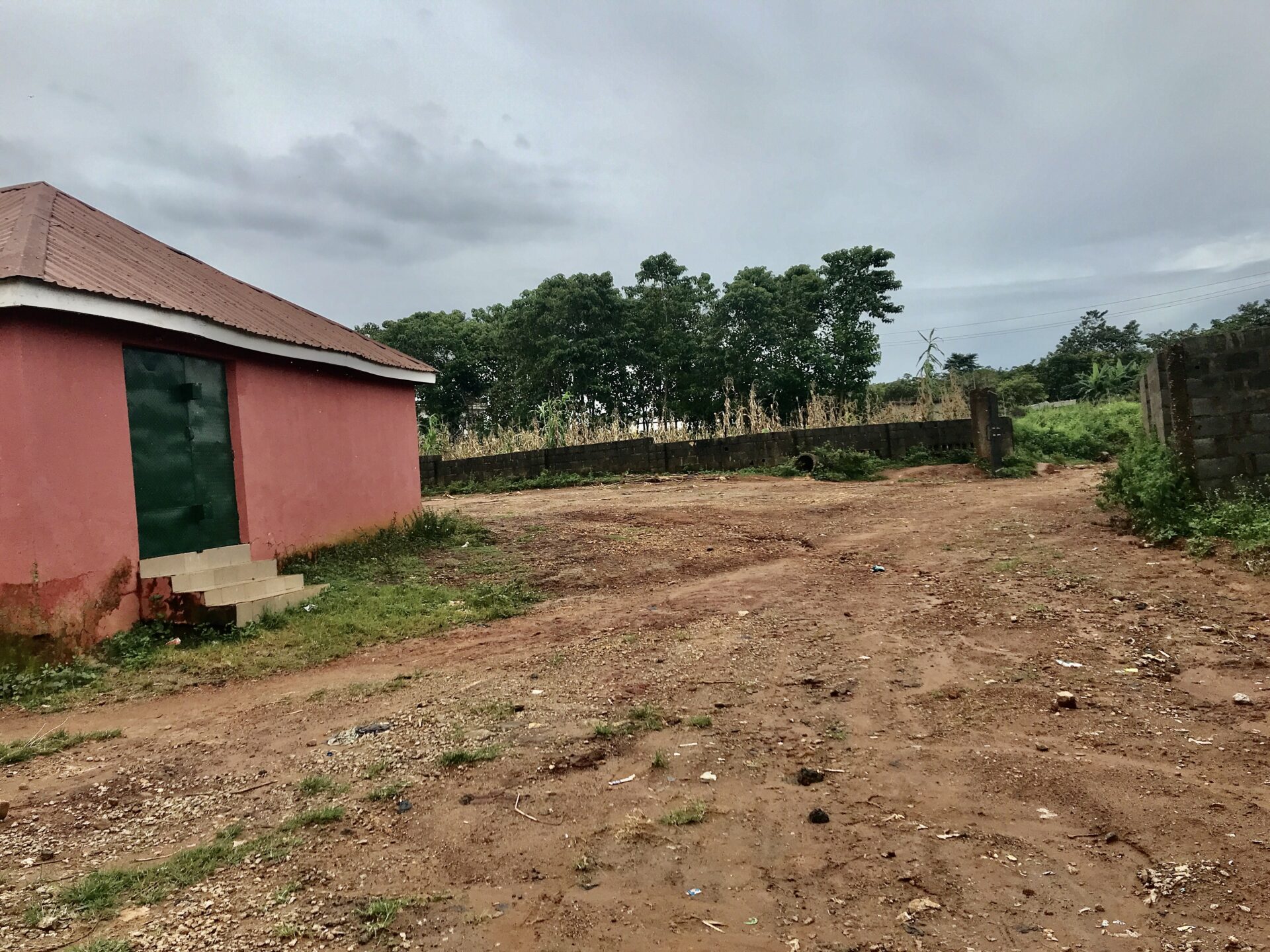Even while growing up in the Dadin Kowa community of Yamaltu-Deba Local Government Area of Nigeria’s Gombe State, Alkali Jonah Musa always had the dream of helping his community and creating a lasting impact.
In 2014, while Musa was pursuing a degree in Fisheries Technology at the University of Maiduguri, he visited the Internally Displaced Camps, or IDPs, in Maiduguri, and the living conditions of the people in those camps worried him.
“There was an increase in hunger, malnutrition, poverty, and gender-based violence. That very day I told myself ,” he said,“I don’t know how, but I must do something about it.”
Musa added, “Initially, I looked at what solution would best fit the local context and provide direct solutions to the most pressing challenges of food and nutrition.”
Musa believes that agriculture remains the primary food source for billions of people in the world,d and if it can be improved, then food production will also increase.
Following his experiences, in January 2016, he started the Alkali Agricultural Access Initiative, or AAAI, a non-profit organisation dedicated to empowering underserved communities by boosting agricultural practices for better yield and performance.
According to Musa, AAAI has implemented several projects that include capacity-building training for local farmers, women, and youth empowerment on agribusiness and donating them with modern agricultural facilities.
In Nigeria, agriculture accounts for about 23% of the country’s GDP and employs approximately 35.21% of Nigeria’s employed population as recently as 2021.
In an attempt to drag more people out of the unemployment bracket and into the agriculture business, AAAI launched a project that trained and empowered 100 people, including women, persons with disabilities, and internally displaced persons, on fish farming, processing, preservation, and marketing across various communities in Yamaltu-Deba.
The project began in February 2017 and was initially advertised through social media and community and religious leaders.
“Before implementing the project, we conducted a need assessment and collected data. We also engaged stakeholders such as community and religious leaders, farmers groups and associations, youth and women groups leaders to discuss possible collaborations, which has led us to successful project implementation,” Musa explained.
The 100 selected beneficiaries have undergone practical training in fish production, processing, management, marketing, and feed formulation.
“The project is 100% free for beneficiaries because our focus is to assist the beneficiaries. We ensure they utilise the skills and knowledge to better their lives,” Musa told Prime Progress.
Measuring impact
Daniel Maji is one of those beneficiaries who learned fish farming and is now creating ponds for them. He has been smoking the fish and transporting them to other states across Nigeria all these years.
“This opportunity has helped me to earn a living. The project has been useful to me. I can still keep some boys working under me despite limited funding and resources,” Maji told Prime Progress.
Today, Maji produces 1.5 tons of Catfish and Tilapia annually at his farm in the Dadin Kowa community.
“I’m aspiring to expand the business moving forward to make more profit and employ more young people,” he said.
Sympathy Williams is also into fish processing, and the project has helped her to process 500 kg of smoked Catfish. She appreciates the opportunity she is utilising to cater to her basic needs.
“I was lucky to be part of the project. Honestly, I have funding challenges, but I didn’t relent to work harder and earn a living through this fish farming business,” 28-year-old Williams admitted.
The fish farming project also impacted Malam Mainasara from the Dadin Kowa community and today produces over three tons of Catfish annually.
In their efforts to ensure the project’s sustainability, Musa said that his team is employing effective strategies to gain more support and collaboration.
Limitations
Lack of accurate data and insufficient partnerships and collaborations have limited the number of people the project can reach.
“We understand that partnership is essential and critical to the growth of our initiative, but at some point, it’s difficult to yield better outcomes through the partnership agreements,” Musa said.
Another limitation, Musa added, is the threat of politicians hijacking the process and ruining it. He held that politicians were “requesting for slots whereas the project is intended for less-privileged families, but those political leaders wanted the slots to be shared based on their political interests,” added Musa.
Despite the limitations, Musa is optimistic about the future. He aims to transform the agri-food system in Nigeria by ensuring an increase in food production and equipping farmers with climate change mitigation and adaptation strategies that would help combat the effects of climate change on the food system.
He concluded: “We also hope to empower 10,000 women and youths, including people with disabilities with agribusiness skills for self-reliance and income generation.”





